
Pic courtesy - ISSAT
Why do we as a nation repeatedly make blunders in national security ? What prompted us to return Haji Pir Pass to Pakistan an area we claim as our own territory which we captured in war ? Why was the Kashmir dispute not settled when we had 90,000 POW’s of Pakistan ? Who are the experts that advice our national leadership on such decisions ? Do we the taxpayer have a fundamental right to demand answers for these and also a duty to set matters right that so that future generations do not have to pay in blood for these lapses as we currently do.
In ordinary speech anticipate is merely a synonym of expect, informal discourse, anticipate is at least as if not more likely to bear its original meaning, which was “to take action in expectation of some future event“. In some cases action in order torealiseor profit from an expected event, but in its oldest use case, action to prevent or forestall it. In matters of national security, the ability to foresee or anticipate is the most crucial of skills, given that any probable action or set of actions can have multiple consequences. In national security; expertise in the domain is a prerequisite given the tremendous risks involved, as all other matters of state are dependent on the security and survivability of the state. In fact such skills have since ancient times been universally revered in all cultures and matters of national security has been associated with Kings and the elite of the land from time immemorial.
In a democracy the political skill and acumen of the politician to sell a vision to the citizens are the key to acquire political power. Since a politician cannot be the repository of all wisdom in a variety of fields required to run a nation he usually relies on experts in a field to guide him in key areas like security and economy. The Indian nation modeled on a parliamentary democracy has a large council of ministers of two ranks, cabinet ministers and minister of state. Here again the cabinet ministers have their pecking order and ministers who hold the portfolios of Home, Finance, Defence and External Affairs along with the Prime Minister form the Cabinet Committee of Security. The CCS is the supreme repository of executive power of the government. The term security is significant and is recognition of the primacy of security for the nation state. Ergo; the widely accepted norm of all states being primarily security states.
The cabinet relies on various experts to advice them on matters of the state. An expert is someone widely recognized as a reliable source of technique or skill whose faculty for judging or deciding rightly, justly, or wisely is accorded authority and status by peers or the public in a specific well-distinguished domain. He or she generally, is a person with extensive knowledge or ability based on research, credential, training, education, profession, publication or experience in a particular area of study. Experts are called in for advice on their respective subject, but they do not always agree on the particulars of a field of study. Having said that, it is also accepted that the very fundamentals of a particular discipline usually have widespread agreement.
For large part of the 20th century, national security was synonymous with military security, but as a concept, it expanded over time beyond what armed forces could do. In the wake of total war, and at the dawn of the nuclear age, it was well understood that the days of defining national security solely in terms of armies fighting it out in set-piece battles were relics of a bygone era. Since then, national security has come to mean different things to different people. Today, there are all kinds of “national securities.” They include political security; economic security; energy and natural resources security; environmental security; health, and food security. This proliferation of definitions has not always been for the good and has led to widespread confusion among various groups involved in the national security discourse. The sine qua nonof all National power is hard or military power backed by sound economic strength. It is a hard fact of international relations without military power, soft power is largely symbolic and ineffective. There are those of our national leadership that believe soft power is actually superior to hard power, without realising that soft power exists on the foundation of hard power. Some point to the supposed success of the European Union, but this reveals a misunderstanding. The EU’s soft power diplomacy is influential only because Europe’s basic security needs, are provided largely by America’s armed forces.That the US, European Union and the rest of the West have a different history, relationship and geopolitical landscape is conveniently ignored by this group.
The post liberalisation phase and the emergence of the BPO industry in India had fostered a class of people in India that have benefitted from the outsourcing industry and are hugely dependent on the US economy. The Indian middle class dream was symbolised by a generation that aspired and benefitted from the green card and emigration opportunities to the West, widely called the brain drain. These were not necessarily bad and allowed the Indian nation to raise large sections of its population above the poverty line by a money order economy and from globalisation. These gains when compared to other nations of the third world who started of on similar or inferior development indices, but later fared much better was largely ignored and the Indian elite started believing that the nation was on its path to great power status. The maoist menace which had started enveloping the ‘backward areas’ led to a wake up call although the narrative switched to uneven development and income disparity. The Indian elite classes that dominated the Indian national journey included the political, bureaucratic, and industrialist elites. These traditional elites have now been joined by a new elite from the ICT and BPO industry who have acquired wealth with strong links to the West. These neo elites with exposure to western society, education and corporate culture have got a modicum of understanding of Western technology and thought process but little understanding of the strategic underpinnings on which Western Civilisation has been built.
Take the case of Nandan Nilekani one of the icons of our middle class and the architect of the UIDAI. I salute the man for his courage and his much overdue admission that we need a law for privacy and security. It must not have been easy for him to concede this after having presided over the establishment of Aadhar the largest biometric based mapping of a population on platforms built by MNC’s repeatedly highlighted as being in cahoots with the national security establishment of their parent nations. The poor man must have never known about Information Warfare and cyber space becoming the fifth domain of war or the national security dimensions of the Information age. Having made his millions in the software outsourcing industry he only did what he was good at, set about building the project by outsourcing the whole thing without tenders to companies likeTata Consultancy Service, Mac Associates, Wipro, HCL, HP India Sales Pvt. Ltd., National Informatics Centre, Sagem Morpho Securities Pvt. Ltd, Satyam Computer Services Ltd, L1 Identity Solutions, Totem International Ltd., Linkwel Telesystems Pvt. Ltd. Sai Infosystems India Ltd, Geodesic Ltd, ID Solutions, NISG, SQTC, Telesima Communications Pvt. Ltd. Reliance Communication, Tata Communications, Aircel, Bharati Airtel, BSNL and Railtel Corporation of India Ltd. The entire gamut of Indian ICT giants both public as well as private with a liberal sprinkling of MNC’s. That some of these companies were linked to the security establishment of foreign states was never a concern, Mr Nilekani had no experience or understanding of national security. The people to blame for this fiasco are the security establishment of this nation the so called experts who did not translate a political vision into viable policy which addressed the national security concerns. It is the Indian citizen who will pay the price.
The recent announcement by the MEITY for government data on the cloud to reside within Indian territory is a welcome step, but another example of flawed implementation of a policy initiative. The need for data localisation is self evident, but having decided that, the companies they empaneled for Govt data include Microsoft and IBM two entities headquartered in USA and answerable to US laws. Isn’t it logical to infer that the US IT companies with more than enough evidences of having been accomplices to their national intelligence apparatus will/can steal the data. Have the experts who have approved warned the political executives on the implication of such moves ?
Where were the military leadership of the nation constitutionally mandated to protect the nation from all threats external and internal in this scheme of affairs. They were never consulted and indeed a life time of conditioning ensured they never raised any questions. Is the nation fostering our military leadership for national security roles or are there fundamental reasons why they continue to remain insular in their thought process, mostly in the news for the wrong reasons. Can the Indian nation reach its true potential and become a great power with out the military leadership participating in nation building beyond traditional roles of territorial integrity and CI operations.
To anticipate national security challenges, these policy initiatives need to be war-gamed. To do wargaming beyond traditional conventional battlefields require a military leadership with knowledge of geo-strategy, geoeconomics, the Information Age and an ability to think strategically. A military leadership, kept at arms length from government policy planning and working under an extremely narrow pyramid of career progression cannot grow and acquire the breadth of vision needed for such strategic thinking, exceptions to this rule are there but they will remain exceptions. The repository for wargaming expertise is the military the world over, under the direct stewardship of the political leadership with the civil bureaucracies in a supporting role. National security is not the only preserve of the military in the 21st century, others like the diplomat, civil servant, policeman, intelligence agent, diplomat, banker, academic, entrepreneur, journalists etc definitely have a large role to play, but the underpinnings of national security will always be military power and nations that ignore it do it to their peril.
A nation the size of India can never be a comfortable partner for other great powers who will always be uneasy of the latent power of this sleeping giant. Consequently unlike a Japan, South Korea or Singapore we cannot rely on a security umbrella from another great power to reach our full economic potential. In fact history is replete with numerous lessons on how great powers have pursued strategies to ensure that other great powers are thwarted from rising which can threaten their own pre-eminence in a zero sum game. The information age has great potential to accelerate the journey of the Indian nation to great power status and can hugely benefit the nation provided, we understand the strategic dimensions of this domain and have a proper national strategy. Policy initiatives minus this can be disastrous and the price will be paid by the citizens and coming generations.



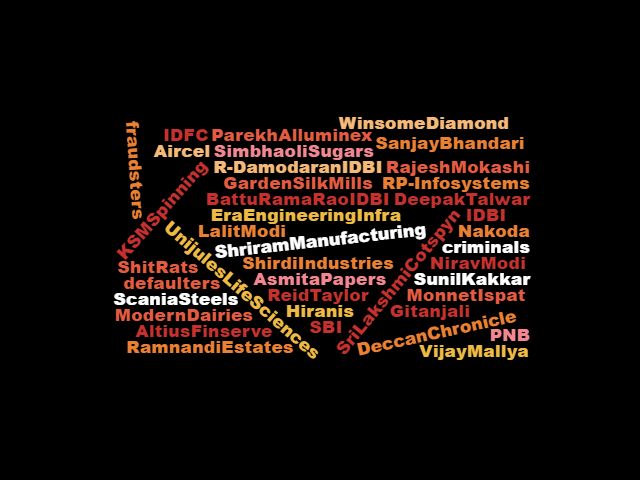
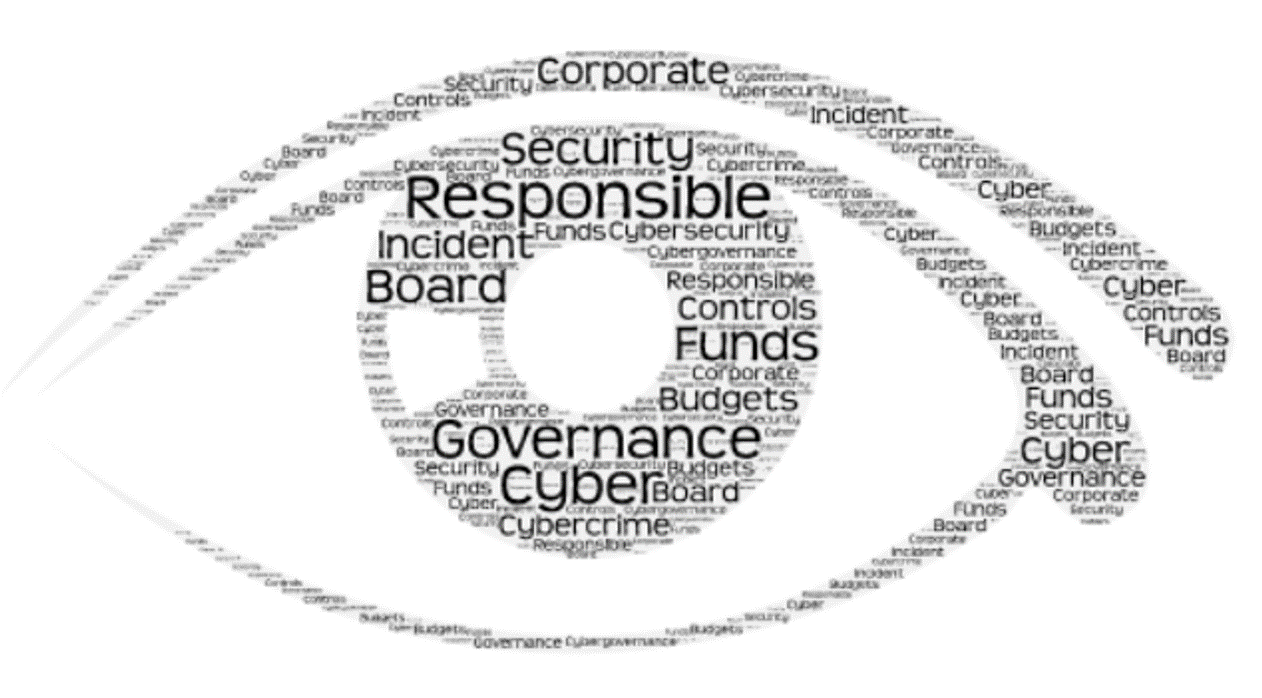
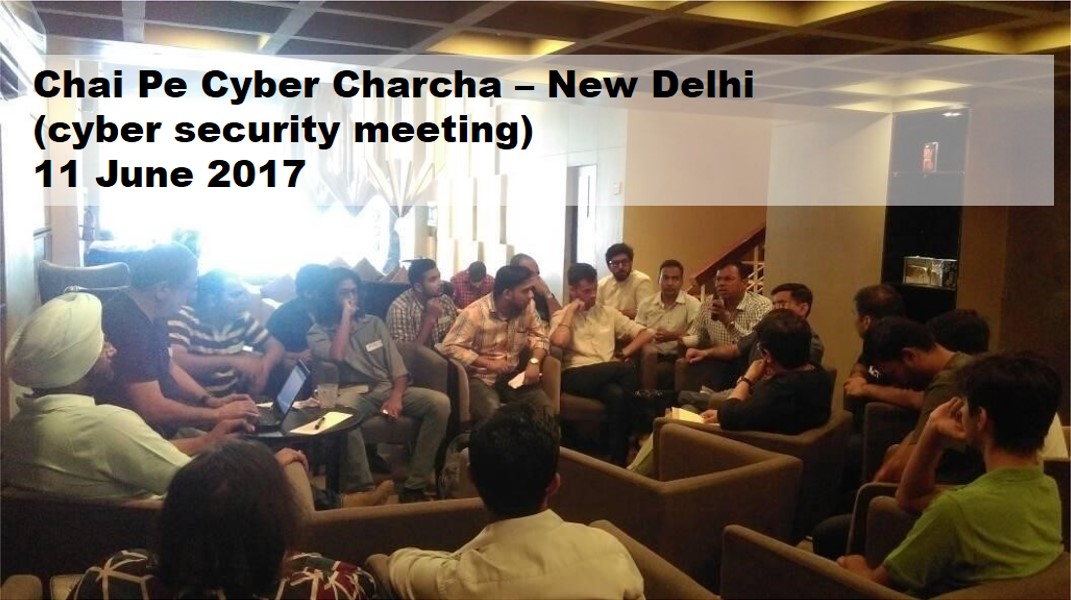
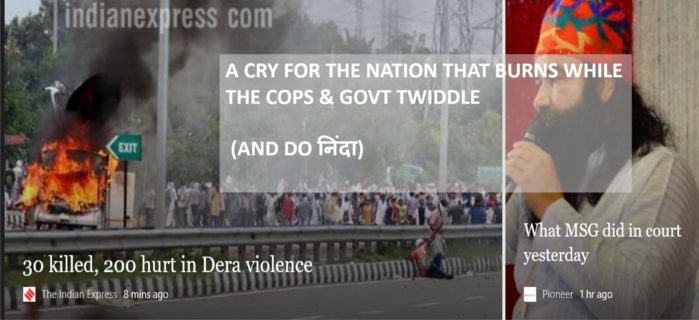






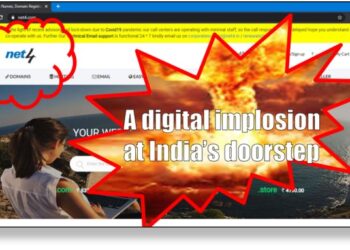
The quality of Generals being thrown up over the past 10-12 years makes it a rather dangerous proposition to entrust security strategy to Serving or Retired Generals.
This has come to pass because of internecine politics of the Army in particular and the Air Force to a lesser extent. Professionalism is DEAD
A call for decisive action
There is little doubt that the Indian nation has suffered from strategic deficiencies However the deficiencies were entirely on account of the inept advisors that the Prime Ministers surrounded themselves with .
In 1961, Nehru had chosen to follow the advise of V K Krishna Menon then defence minister and foreign secretary M J Desai an ICS officer. Desai was not known for being an adroit diplomat, but more for his fluency in the imperial language of English and his closeness to Nehru. Then it was again outright nepotism that led to the appointment of Lt Genl Kaul to the head the Northern Command, an officer deficit in battlefield experience, ignoring the army chief Gen P N Thapar’s observations. That lack of vision cost the Indian nation dearly, in the form of a loss of Aksai Chin and Arunachal Pradesh. But in 1962 China withdrew from Tawang.
Some U S educated Russian writers like Andrew Koryko of Polish descent (https://sputniknews.com/columnists/201703311052171849-china-india-tensions/) have called China’s withdrawal a “good will gesture.” But that phrase clearly reflects an ignorance of geography of the region. China would never have been able to defend its positions Arunachal Pradesh against a counter attack. Even against a small ill equipped Indian force, China took large casualties.
China’s “goodwill gesture” also coincided with the appointment of General Manekshaw as GOC IV corp in Tezpur, and a single wireless message from him to all field commanders, “ There will be no more retreats.” Manekshaw, was the victim of Menon’s vindictive obsessions and faced a court of enquiry during the period, prior to his appointment as GOC. But neither Menon nor Desai nor Kaul, were charged with dereliction of duty or incompetence or cowardice. The got away with their pensions and mansions intact!
Bureaucratic and diplomatic incompetence was on display in 1965 war with Pakistan as well, when the strategic Haji Pir pass was returned to Pakistan. Against the advise for this return by Y B Chavan, the then defence Minister, India’s leaders took the advise of another foreign secretary of the ICS cadre, C S Jha and Swaran Singh to make the concessions to Pakistan. But this mistake was again repeated in 1971, when India had the upper hand with 90,000 prisoners of Pakistan and the Haji Pir pass, that could have been used for negotiations with a vanquished Pakistan. But again, it was Indira Gandhi’s principal secretary P N Haksar who prevailed over ruling the military establishment’s concerns and protests. If the first time, ceding of strategic territories were a mistake, then a repeat in 1971 was no longer a mistake – it was a colossal blunder !
Clearly the bureaucracy comprising of the IAS, IFS and the IFS have shown a high levels of incompetence, whether it is diplomacy in international theatres or in managing the economy or in handling domestic insurgencies or in preserving the sovereignty of the nation.
Consequently it begs the question, what is the vision of the bureaucracy ? The answer is simple. The vision is to perpetuate a self serving oligarchy effacing all forms of accountability. The second vision of course is the next pay commission with a tactical of self aggrandisement in the shortest time frame possible, even if it means parasiting off the tax payer and keeping the Indian nation fiscally impoverished.
Very few countries in the world presently world presently have a permanent bureaucracy. So when India is adopting the best practices of the world, does it need a permanent bureaucracy given its sordid history of compromising national sovereignty? Isn’t it time for amending or repealing the Articles 311 and 312 of the Constitution and dismantling the legacy structures created by Governor General Cornwallis of 1801?
We don’t educate our children to be Indians first.
We don’t demand more judicial infrastructure in place.
We don’t use the power vested in us judiciously.
We the people are to blame.
Correctly put across. With China, we gave away the Post & Telegraph office at Lhasa, military posts at Gyanstse & Yatung (passed on by British)without anything in return. We were the first democratic nation to recognise PRC & supported their candidature for a permanent at UN Security Council – for what?- so that they can veto any resolution that is being passed in India’s favour?Our political leaders need to introspect as to why we undertake short sighted actions without any strategic planning. It’s time that we follow Kautilya’s legacy and develop a strategic culture.